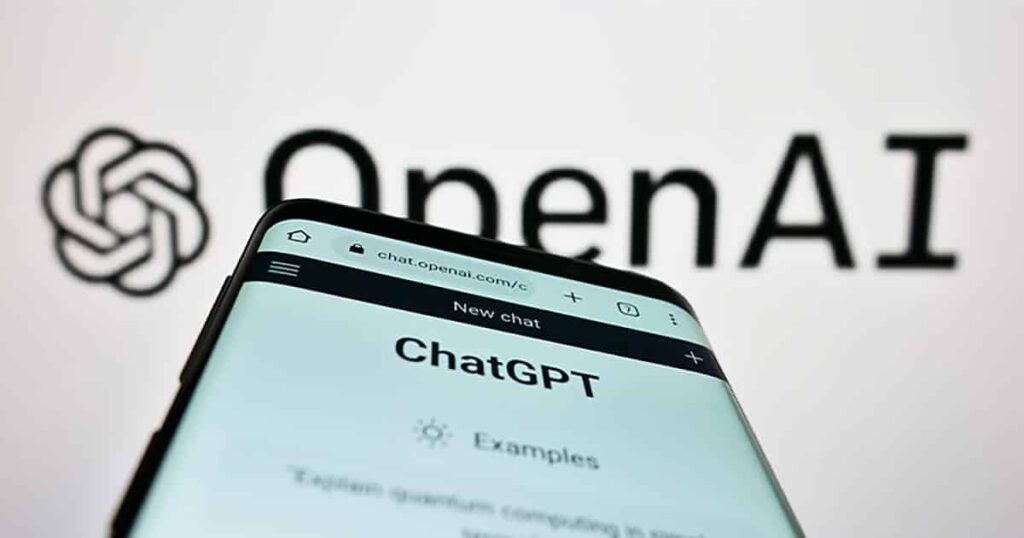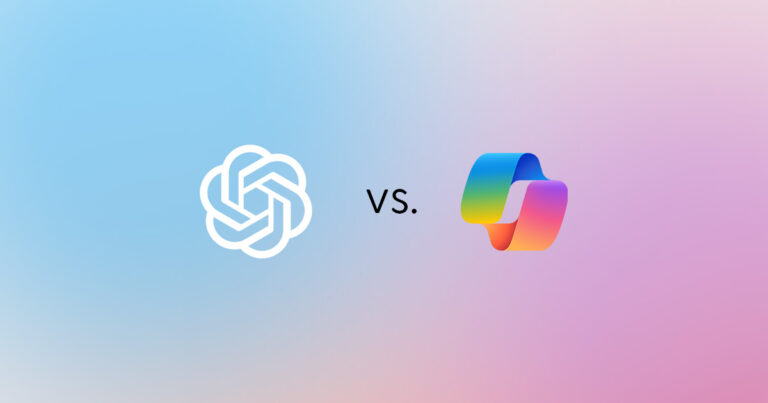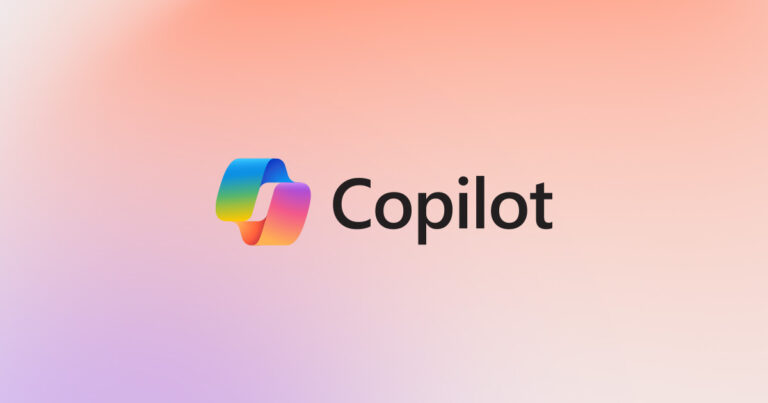This post was written by a human but edited by ChatGPT.
As the Chief Science Officer of Pax8, I’ve been exploring ChatGPT and other GPT products that have entered the AI (Artificial Intelligence) race, with a specific focus on their potential to drive innovation in the IT channel.
The unexpected arrival of ChatGPT-3
Most modern technologies creep into our lives gradually. However, ChatGPT-3 appeared out of the blue with unanticipated mind-blowing performance. The reason for this is that GPT models require a threshold amount of data before the capabilities resembling reasoning and general intelligence suddenly emerge. The performance of ChatGPT-3 released on Nov. 22, 2022, demonstrated performance exponentially better than previous releases because it was trained with more data. These unexpected emergent capabilities have astonished even those integrally involved in the development of these systems.
The phenomenon of emergent behavior
Examples of emergent behavior are all around us—birds flocking, fireflies synchronizing, ants colonizing, fish schooling, proteins folding, to mention just a few. However, no one expected this phenomenon to apply to computer programs, that is until now. These behaviors cannot be predicted simply by extrapolating the performance of smaller-scale models because they don’t exist in smaller models. In my view, this is what makes the ChatGPT launch an important moment in human history. From this day forward, we are left wondering what the next emergent capability to surface will be.
The impact of ChatGPT on society
With ChatGPT and other AI tools, the pace of digital transformation, and its effects on business, is set to accelerate even further, paving the way for a smarter, more efficient, and innovative future.
Practically overnight, humanity finds itself contemplating fundamental questions about concepts that were confined to the realms of science fiction just months ago. We have come to expect that computers can calculate faster, recall more accurately, retrieve information more quickly, and outperform us in most games. But now the questions are deeper. Will AI create better art? Write superior literature? Might it eventually do everything better than humans? Are we on the path toward creating superior counterfeit versions of ourselves?
This fear explains the open letter in the New York Times signed by more than 1,000 tech leaders, which calls for a halt to AI development due to dire risk to society. I have come across many such warnings. A survey of 327 researchers shows that the majority believe it is “likely” that a super-intelligent AI could go rogue and threaten humanity. It is unquestionably critical to safeguard society from the harmful use of AI technology, whether intentional or accidental. I have confidence that this work is proceeding both in the form of AI research and government regulation.
The COVID-19 pandemic served as a catalyst for a sudden and widespread shift toward digital transformation as companies sought to adapt and survive in an increasingly uncertain business landscape. Now, with the emergence of ChatGPT and other AI tools, the pace of digital transformation is set to accelerate even further, but this time it’s motivated by opportunity rather than survival.
The IT channel opportunity
ChatGPT has sparked an unbelievable AI gold rush of new business opportunities across all industries. With its ability to perform tasks that were once thought to be exclusive to humans, ChatGPT is poised to revolutionize the way businesses operate. According to some estimates, GPT products are expected to create a total uplift of about $15.7 trillion globally by 2030. To put this into perspective, that is 60% of the United States’ gross national product from 2022.
In the IT channel ecosystem, we have an opportunity to be thought leaders in the application of AI to SaaS and MSP operations. In today’s business climate, innovation is inseparable from the use of AI to optimize outcomes, refine products and services, and enhance efficiency.
ChatGPT as virtual agent
Let’s consider a use case — a virtual agent. ChatGPT could function as a virtual agent as it is, if it were not for three main problems that currently hinder its effectiveness. First, the model occasionally generates inaccurate responses. Secondly, its answers lack customization specific to a particular business. Finally, the information that it relies on may be outdated.
Each of these issues could be resolved if ChatGPT gave priority to documentation specified by the business when it formulates its response. As we have seen from the Microsoft Copilot announcement, this is essentially their solution to these issues.
Certain advanced programming techniques enable ChatGPT to prioritize and incorporate privately submitted documentation (PDFs, docx, xlsx, ppts, and URLs) into its responses. With access to accurate technical product documentation, this customized version of ChatGPT can generate precise and consistent responses, while reducing the risk of producing erroneous replies.
Furthermore, depending on the applicable privacy policy, responses can also be personalized. By providing billing and order information, users could receive real-time updates on their billing and order statuses. Similarly, responses could be extended to reply with customer-specific responses and the capability to take its instructions from a contract or a project plan.
As technology continues to advance, we can expect to see virtual agents like ChatGPT becoming even more advanced, allowing for an unprecedented level of engagement and interactivity with users. Of course, it is crucial to remain mindful of data protection and privacy concerns, but I am hopeful that the future allows a separation of corporate data with strong privacy assurances.
ChatGPT can also be connected to the Internet, storage drives, and applications for efficient task automation such as product provisioning, set up, user assignments, and integrations while tracking and recording transactions in all applicable systems.
Data entity extraction
Yet another interesting capability is “data entity extraction.” This is a powerful capability for identifying relevant information from unstructured data. By leveraging this feature, ChatGPT can capture data from transcripts of conversations and service tickets, which can be used to enrich master data records that provide a comprehensive 360-degree view of customers. This record can be further enriched through Internet and social media searches, resulting in a complete understanding of customer preferences and behavior.
The phenomenal advances in GPT technology are presenting us all with unique opportunities to leverage AI to foster ways of working that are more effective and efficient, and even more creative. For Pax8, that means demonstrating innovative AI approaches in internal operations, offering the latest capabilities to our partners, and setting associated industry benchmarks for excellence.
Innovation and AI at Beyond
The inaugural Pax8 partner event, Beyond 2023, on June 11-13 in Denver, will be hosted by industry leader Rob Rae and will feature a variety of innovative thinkers like Pax8 CTO, Scott Chasin, as well as breakout sessions led by security experts. Beyond 2023 is poised to help partners unlock the potential of future technologies, including AI, and protect MSPs from bad actors who seek to exploit these innovations for their own gains.
ChatGPT and other AI tools have set the stage for an unprecedented level of engagement and interactivity with users. At Pax8, we are committed to exploring, adopting, and innovating solutions that leverage AI, and bringing the best that AI has to offer to our partners.
A limited number of tickets are still available for Beyond 2023, so don’t miss out.





